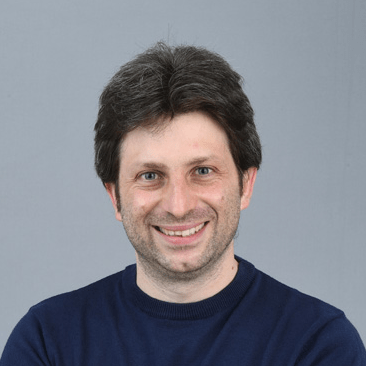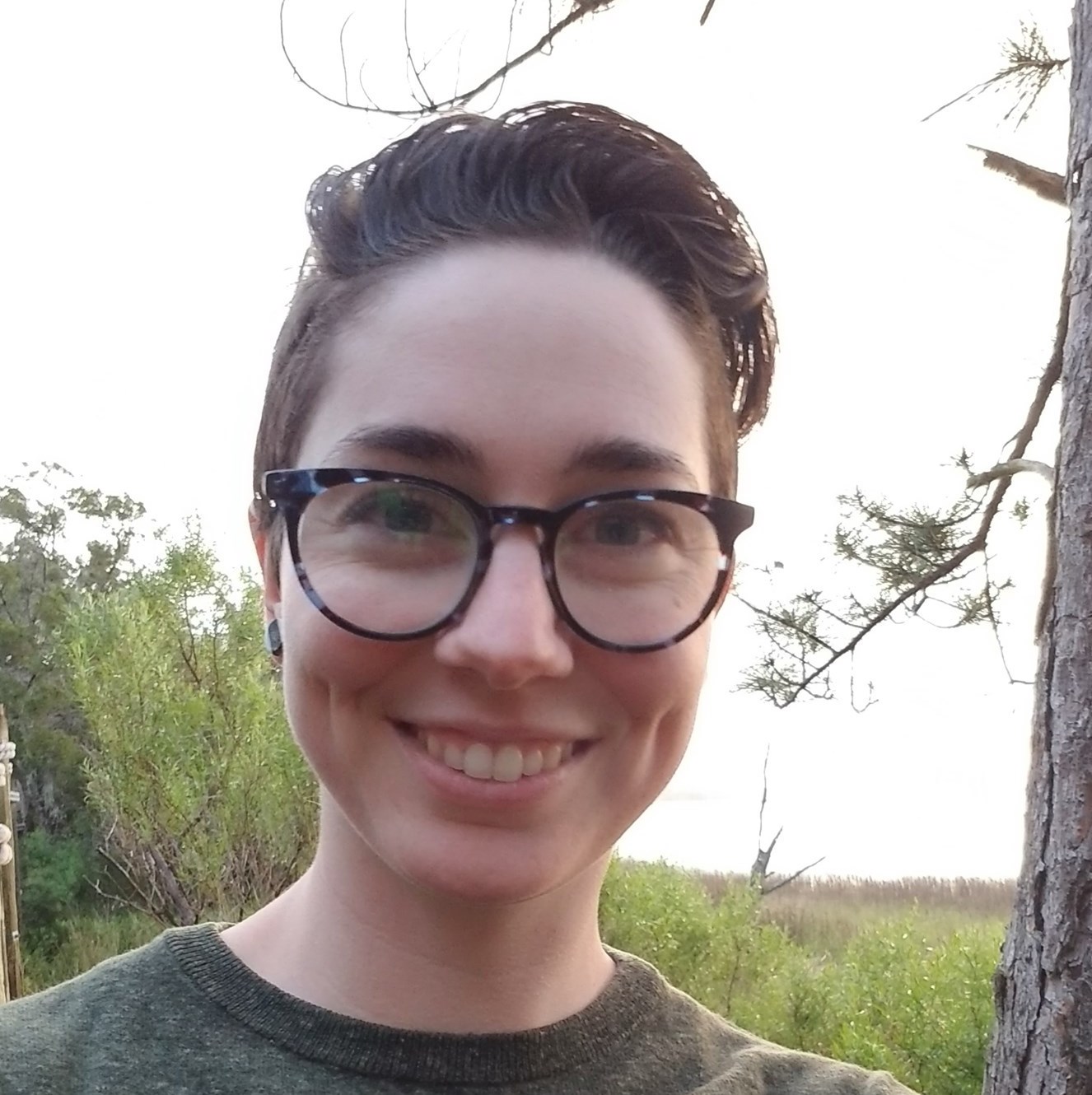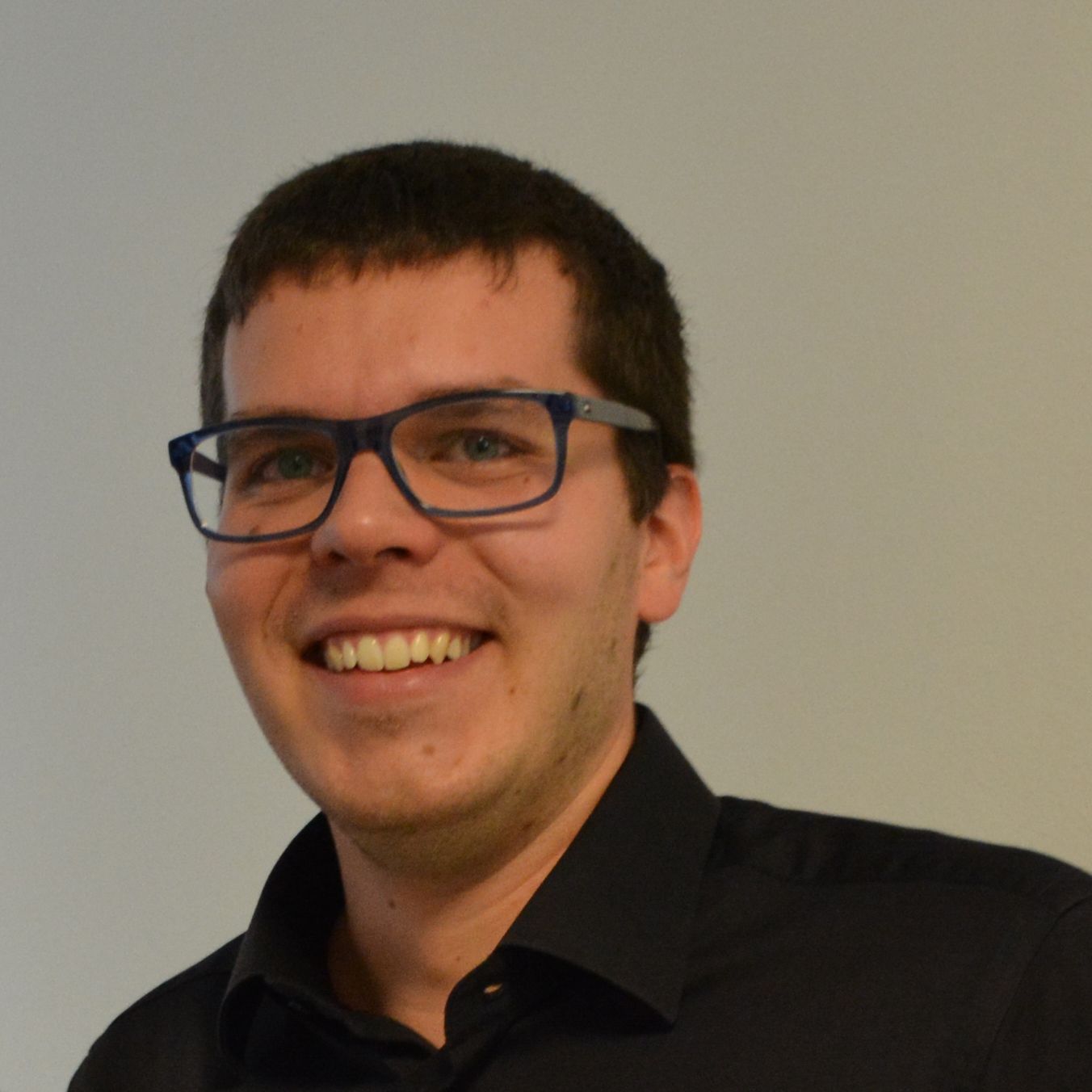Introduction to Shotgun Metagenomic Data analysis with the bioBakery Workshop
In order to book your spot at the workshop, you need to register first. The spots are limited and available at an additional cost.
You can proceed to your registration here.
The workshop attendees should bring only their laptops with installed browser.
09:00 - 09:25 Welcome / introductions / overview
09:25 - 09:45 bioBakery / methods overview
09:45 - 10:15 Taxonomy (bugs + strains)
10:15 - 11:00 Lab: VM setup + MetaPhlAn
11:00 - 11:15 Coffee Break
11:15 - 11:35 Functional profiling
11:35 - 12:05 Demo: HUMAnN
12:05 - 13:05 Lunch Break
13:05 - 13:35 Assembly and SGBs
13:35 - 14:15 Demo: Assembly / PhyloPhlAn
14:15 - 14:45 Quantitative analysis and multi-omics
14:45 - 15:30 Lab: cMD stats
15:30 - 15:45 Wrapup / questions
Workshop Description
This course will provide an introduction to microbial community data analysis (with a focus on shotgun metagenomics) through a combination of lectures and hands-on lab sessions. Course participants will learn how to process data from raw meta’omic sequencing files through appropriate bioinformatic methods, with a brief introduction to subsequent integrative statistics and machine learning. This includes quality control, taxonomic and functional profiling of microbial communities, strain identification and tracking, and biological applications and quantitative interpretation of these features.
Teachers:

Nicola Segata
Professor and Principal Investigator, Department CIBIO, University of Trento, ItalyNicola Segata, Ph.D., is Professor and Principal Investigator in the CIBIO Department at the University of Trento (Italy) and Principal Investigator at the European Institute of Oncology in Milan (Italy). His lab (http://segatalab.cibio.unitn.it/) comprises more than 20 researchers and employs experimental metagenomic tools and novel computational approaches to study the diversity of the microbiome across conditions and populations and its role in human diseases. The projects in the lab bring together computer scientists, microbiologists, statisticians, and clinicians and are generally focused on profiling microbiomes with strain-level resolution and on the meta-analysis of very large sets of metagenomes with novel computational tools.
Nicola Segata
Professor and Principal Investigator, Department CIBIO, University of Trento, Italy
Curtis Huttenhower
Professor of Computational Biology and Bioinformatics, Harvard University, USADr. Huttenhower’s research focuses on computational biology at the intersection of microbial community function and human health. The human body carries some four pounds of microbes, primarily in the gut, and understanding their biomolecular functions, their influences on human hosts, and the metabolic and functional roles of microbial communities generally is one of the key areas of study enabled by high-throughput sequencing. The Huttenhower group works on a variety of computational methods for data mining in microbial communities, model organisms, pathogens, and the human genome.
Curtis Huttenhower
Professor of Computational Biology and Bioinformatics, Harvard University, USA
Mireia Valles-Colomer
EMBO Postdoctoral Researcher in CIBIO, University of Trento, ItalyWith a background in Microbiology and Computational Biology, Dr Valles-Colomer’s research focuses on the transmission of the human microbiomes and their role in mental health. As part of her PhD research, she sought to characterise the microbial production and degradation of neuroactive compounds in metagenomic data, and performed the first population-level study on the link between the gut microbiome and host anxiety and depression. She is currently investigating the person-to-person transmission landscape of the gut and oral microbiomes.
Mireia Valles-Colomer
EMBO Postdoctoral Researcher in CIBIO, University of Trento, Italy
Meg Short
Postdoctoral Research Fellow, Harvard T. H. Chan School of Public Health, Huttenhower Lab, USAMeg Short is a Postdoctoral Research Fellow in the Department of Biostatistics at Harvard T. H. Chan School of Public Health, in the Huttenhower Lab. Meg’s research includes optimizing power and sample size calculations for microbiome studies, as well as harmonizing microbiome data generated across 16S and metagenomic sequencing methods. Meg also has a background in epidemiological statistics with the Framingham Heart Study and the Biggs Institute for Alzheimer’s and Neurodegenerative Diseases.
Meg Short
Postdoctoral Research Fellow, Harvard T. H. Chan School of Public Health, Huttenhower Lab, USA
Francesco Asnicar
Postdoctoral Researcher in CIBIO, University of Trento, ItalyFrancesco Asnicar is a postdoc in the Segata Lab (Department CIBIO, University of Trento, Italy) with main research interests focusing on the study of the relationships between the human gut microbiome and diet and the development of new analysis tools mainly related to computational phylogenetics for the characterization of unknown microbial organisms.
Francesco Asnicar
Postdoctoral Researcher in CIBIO, University of Trento, Italy
Philipp Münch
Postdoctoral researcher, Harvard T. H. Chan School of Public Health, the Huttenhower Lab, USAPhilipp C. Münch is a postdoctoral researcher in the Department of Biostatistics at Harvard T. H. Chan School of Public Health, in the Huttenhower Lab and a research associate at the Helmholtz Centre for Infection Research. Philipp has a background in computational biology and epidemiology and his research focuses on comparative genomics to understand evolutionary processes in complex microbioal environments.